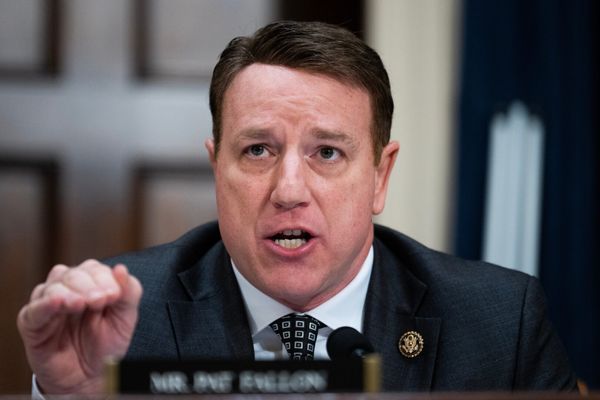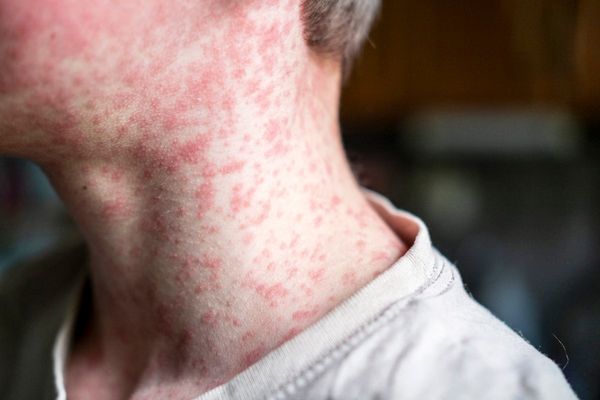
The long history of racism and sexism in health care has given mothers of color good reason to be wary of medical institutions and practitioners. These women continue to face much higher maternal death rates than other racial groups, regardless of their education or economic status.
These kinds of racial health inequities are rampant. As a result, Black Americans are taking more medical decisions into their own hands.
In a study, my team at M Booth Health looked at where people turn to for the information they use to make health care choices. We surveyed more than 2,500 American adult consumers, demographically representative of age, gender, race, ethnicity, and income. What we found sheds new light on the power of health care information–and provides a roadmap for health care organizations to guide people toward better health outcomes.
Three-in-10 Black mothers said they have gone against a recommendation made by their doctor in the past 12 to 18 months because of information that was shared with them by a close friend or family member. The same percentage of Hispanic mothers said this as well. By comparison, 19% of white mothers said they’ve done this.
About the same number of Black mothers, 29%, said they have ignored health information because it did not feel inclusive of people like them; 23% of Hispanic mothers and 18% of white mothers said this. (The information may have come from government health care agencies or pharmaceutical companies, for example.)
Black mothers were also more likely to make health care decisions based on social media posts, share health information on social media themselves, and choose treatments or vaccines based on celebrity influencers.
‘The super-engaged’
Our study found that Black mothers are “super-engaged.” Not only do they advocate for their own health but they are also often the “chief medical officers” of their families, advocating for the health of their loved ones. They’re constantly on the lookout for health care information.
And in the face of tremendous health disparities, they have learned not to count on traditional sources of information. So they turn elsewhere.
This brings opportunities for education, but also risks. Our survey notes that we’re in a time of “health information overload and the proliferation of misinformation,” some of which specifically targets Black Americans by tapping into underlying mistrust in health institutions. Therefore, it’s little surprise that in our survey, Black mothers were more likely to say they’ve gotten sick because they did not have the health care information they needed.
‘Chosen circles’
Our survey found that Black Americans are creating their own networks of people and resources they trust for health care information. When they have questions, they turn to these networks, which we’re calling “chosen circles.” These consist of friends, family members, online influencers, social media feeds and more.
To reach Black mothers, government organizations and pharmaceutical companies need to work with the right messengers–people like these moms who have shared experience and have gained their trust and respect.
Popular figures who these women see as relatable should be involved in campaigns to spread crucial messages about medicines, vaccines, treatments and more. Organizations should also work with social media feeds that Black women look to for information they trust.
Similarly, health leaders need to transform how they present information in their own materials, from videos to social media posts to brochures. Survey respondents told us they want to see information presented by people like them–people inside these organizations who share key demographic traits with them. And the information should be presented in ways that are inclusive, through imagery and language reflecting an understanding of, and commitment to, the communities health leaders are trying to reach.
It’s up to government health organizations at all levels, pharmaceutical companies, and other key players to build bridges with people of color, especially mothers. Ending health disparities requires a multi-pronged approach–and providing relevant, inclusive, accessible health communication is a critical piece.
Tayla Mahmud is the executive vice president of health equity and multicultural strategy with M Booth Health, a health consultancy and communications agency.
The opinions expressed in Fortune.com commentary pieces are solely the views of their authors and do not necessarily reflect the opinions and beliefs of Fortune.
More must-read commentary published by Fortune:
- The forced return to the office is the definition of insanity
- Speculative headlines about artificial intelligence are missing the point. Here’s what America’s top CEOs told us they intend to use A.I. for
- America’s education system is failing–but a growing school choice movement believes it has the solution
- A year after Roe v. Wade was overturned, an unworkable patchwork of state laws leaves corporate America more vulnerable to government overreach







